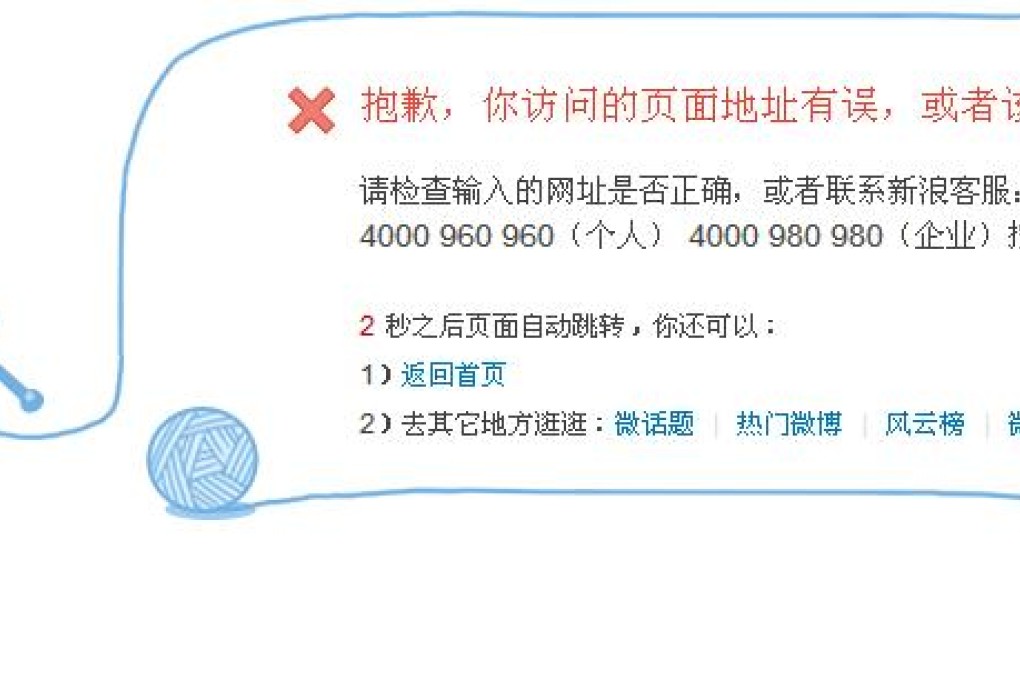Digital Journalism Review | China: New leadership, same old censorship
The best mainland journalists can hope for in terms of press freedom after NPC and CPPCC is that Beijing’s censorship returns to its pre-lianghui level.

The new sessions of China’s parliament, which kicked off last Sunday, are widely regarded as the start of a new era of administration led by Xi Jinping and Li Keqiang, but the biggest challenge facing global observers is anticipating in what direction China is moving.
One thing was clear in the first week of meetings, according to mainland media insiders: press censorship is not going to ease.
On the contrary, some veteran journalists said the restrictions imposed on them before this year's parliamentary sessions were the most severe they had experienced.
“They [the propaganda departments] used only to tell us not to do something when there was news they considered sensitive; this year, they asked what we wanted to do then killed our story ideas in advance,” said a Beijing-based journalist who asked not to be named.
Some managers of mainland news portals told the that they would have to follow strict rules during the sessions.
Before the opening ceremony of the National People’s Congress (NPC) and the Chinese People’s Political Consultative Conference (CPPCC), which are also called “lianghui” in China, several mainland journalists expressed their concerns to the , and what has happened since then proved their point.
On Sina Weibo, the most popular Chinese Twitter-style site, mainland netizens said the level of censorship was extreme.

